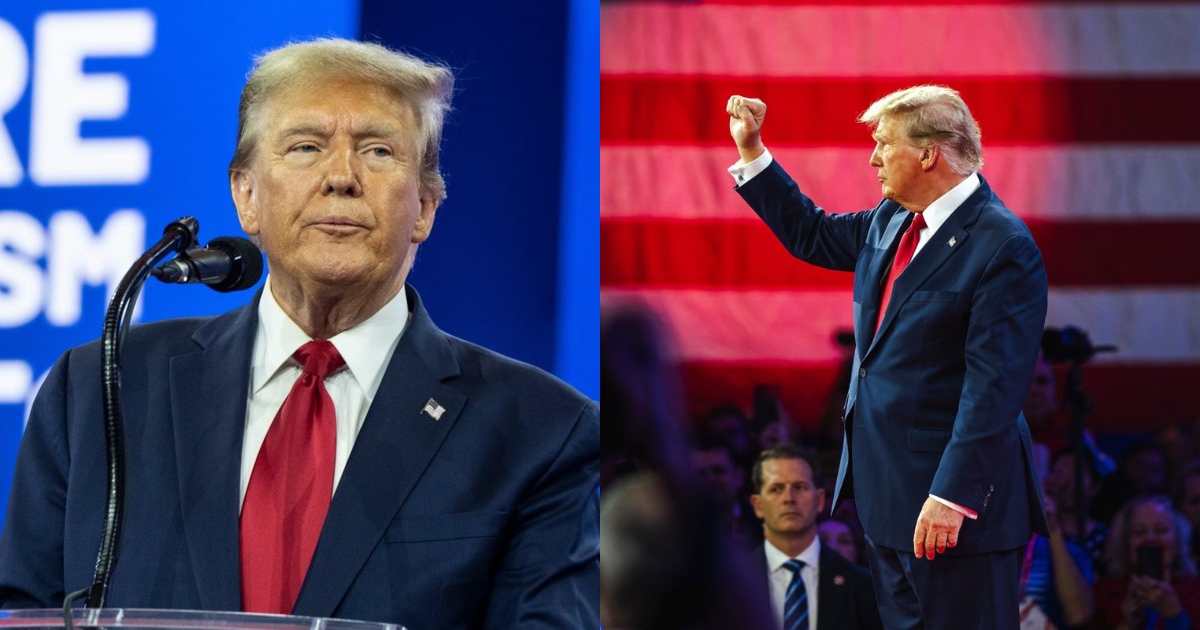
Opinion on Why Trump Must Recognize Africa’s Growing Influence and Resources
By Edson Baraukwa | Africa Guardian
As Donald J. Trump contemplates a return to the White House, many African nations are cautiously hopeful about what his next administration might bring. Historically, U.S. presidents have often placed limited emphasis on U.S.-Africa relations, focusing their efforts on regions deemed more strategically crucial. However, given Africa’s rapidly growing global importance, Trump’s administration cannot afford to overlook the continent.
Africa’s geopolitical leverage has expanded significantly in recent years. Leaders across the continent now have a broader range of alliances to choose from, enhancing their bargaining power on the global stage. While some narratives suggest the U.S. is losing influence in Africa to China and Russia, it is important to remember that U.S. engagement with the continent has often been inconsistent and sporadic, with only minimal investments in African nations.
For many African leaders, the U.S.’s insistence on adhering to a rules-based international order, promoting human rights, and demanding governance reforms often comes across as restrictive, if not patronizing. In contrast, China’s business-focused approach prioritizes swift economic results, offering immediate financial benefits without imposing similar preconditions. This model often aligns more closely with African leaders’ focus on practical outcomes.
Russia Fills the Gap
Meanwhile, Russia has been positioning itself as a key player by offering military support in regions where the West has been slow to act. Through initiatives like the Africa Corps (formerly the Wagner Group), Russia has provided direct military assistance to countries like Mali and the Central African Republic, aiding them in combating insurgencies and extremist groups. This strategy allows Russia to gain influence as a reliable partner, particularly in nations grappling with security challenges.
In contrast, the U.S. and its allies have increasingly concentrated their efforts in Europe and the Middle East, leaving African nations to address critical security and development challenges with limited Western support. This vacuum has made partnerships with China and Russia more attractive, as they allow African nations to address urgent needs without the constraints typically imposed by Western aid.
Africa’s Growing Significance
Beyond geopolitical competition, Africa’s demographic and economic rise demands immediate attention. By 2050, Africa’s population is projected to grow to 2.5 billion, accounting for a quarter of the world’s total population and adding 790 million people to the global workforce. This rapid population growth, combined with Africa’s control over 30% of the world’s critical mineral reserves, enhances the continent’s influence in global trade. These minerals are crucial for industries such as electronics, hybrid vehicles, and defense systems.
With nine of the world’s 20 fastest-growing economies located on the continent, Africa’s economic trajectory underscores its growing importance on the global stage. Ignoring Africa’s economic potential would be a missed opportunity for any U.S. administration seeking to remain competitive in the 21st century.
The Need for a Balanced Approach
For the U.S. to effectively engage with Africa, it must leverage existing trade tools such as the African Growth and Opportunity Act (AGOA). However, AGOA is set to expire in 2025, and if the U.S. wants to re-establish meaningful ties with Africa, it must understand the continent’s unique challenges and aspirations.
Many African leaders believe AGOA should not only be extended but restructured to better promote Africa’s manufacturing capacity. Expanding the scope of AGOA to include more finished products from Africa, particularly in industries with longer value chains such as textiles, could open up significant economic opportunities, especially for women in these sectors. The African Continental Free Trade Area (AfCFTA) could further complement this by granting African nations collective access to U.S. markets, signaling the next administration’s commitment to fostering Africa’s economic growth.
Respecting Africa’s Autonomy
Ultimately, the U.S. must balance its geopolitical goals with African expectations. Imposing high standards for governance and human rights without accounting for local realities and historical contexts can hinder the potential for genuine partnerships. The next U.S. administration should recognize that African nations are not merely pawns in a larger global competition. They seek genuine partnerships that respect their autonomy, enabling them to pursue their development without being constrained by external forces.
If Trump’s administration seeks to strengthen its relations with Africa, it must shift its focus to supporting the continent’s growth in a way that is mutually beneficial. Ignoring the continent’s resources, people, and growing global influence will only leave Africa’s vast potential untapped and unfulfilled.
____
